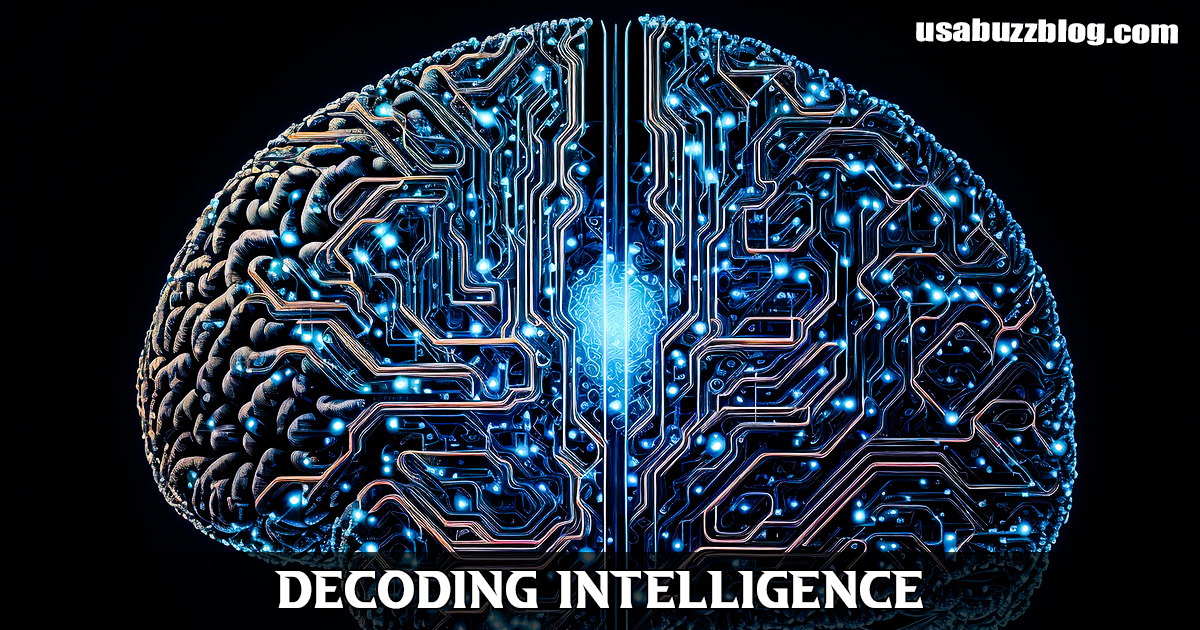
Table of Contents
Introduction: Decoding Intelligence ( Rethinking )
Decoding Intelligence: In a world captivated by knowledge and quick thinking, Francesca Zappia’s words, ‘Decoding Intelligence: 11 Signs You Might Be Less Smart Than You Think,’ resonate profoundly. Let’s redefine intelligence, unraveling the myth around perceived brilliance by exploring common mistakes made by seemingly intelligent individuals.
1. Decoding Intelligence through the Google Dilemma: Questioning Everything
In the era of Decoding Intelligence, where information is readily available, neglecting to Google claims may result in believing inaccuracies. A straightforward search can debunk myths, such as the fallacy of Disney roller coasters having a weight limit of 175 pounds. Embrace skepticism and cultivate the habit of fact-checking.
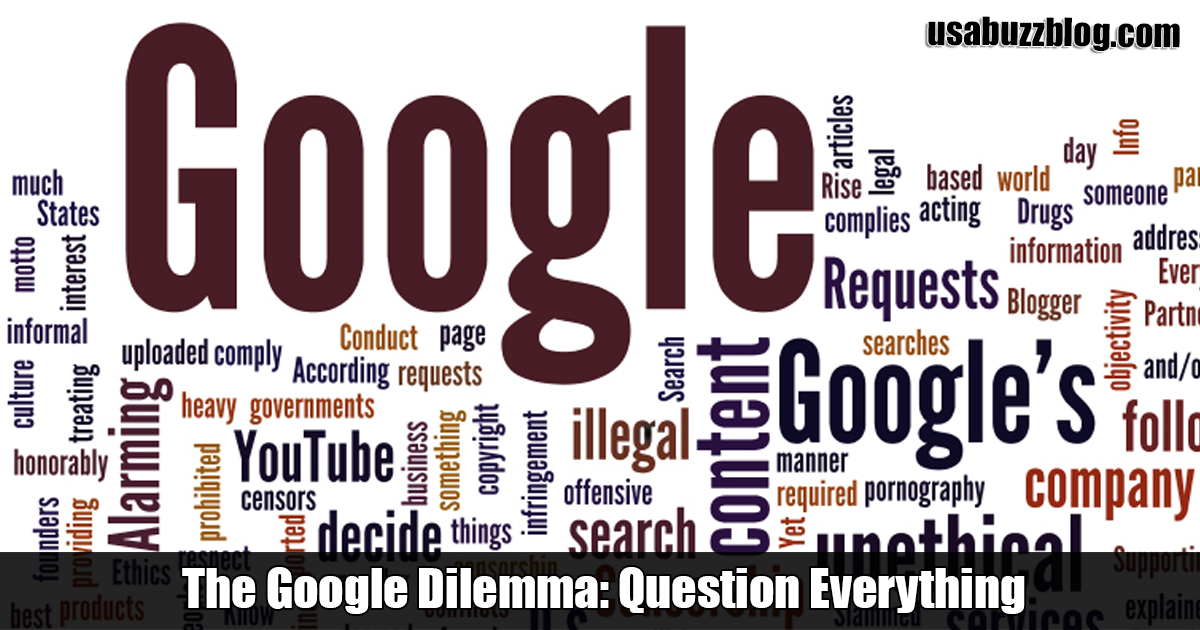

2. Prior Beliefs vs. Skepticism: The Balancing Act
Being less skeptical of claims aligning with pre-existing beliefs can be detrimental. The average American gaining 29 pounds during the pandemic might sound plausible, but a quick search reveals a mere one-pound increase. Google claims that resonate with your priors, as truth may surprise you.
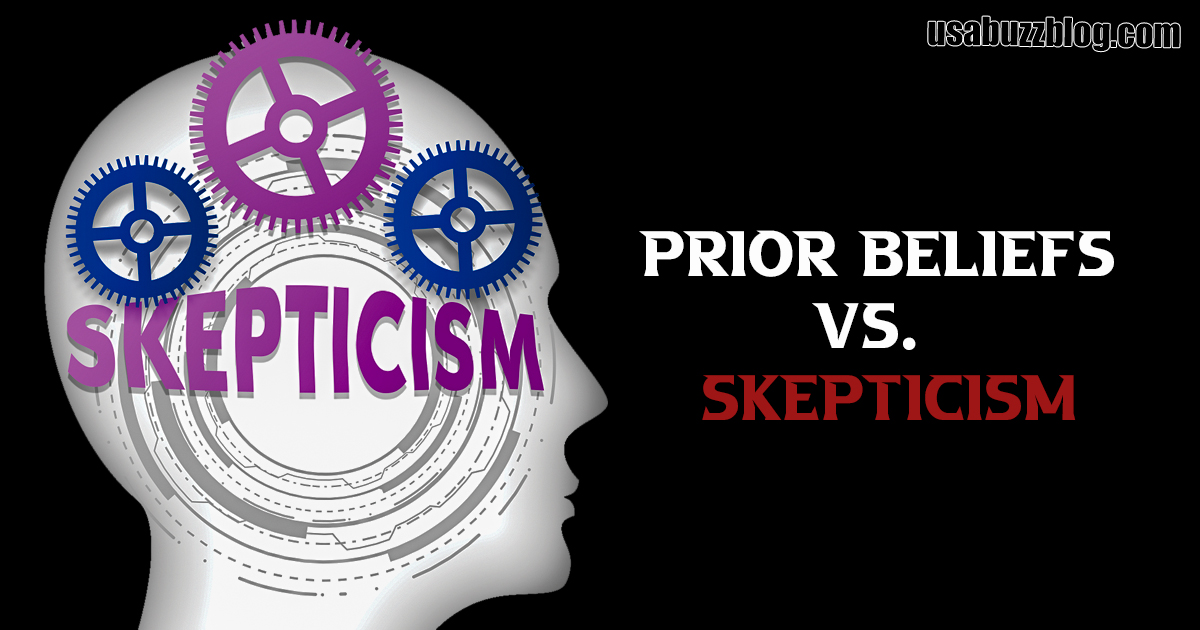

3. Fact-Checking Culture: Enhancing Cognitive Vigilance
The frequency of fact-checking is a direct indicator of cognitive vigilance. If most claims checked turn out false, you’re likely underestimating the importance of verification. Contrarily, discovering truth through fact-checking enriches your knowledge and hones critical thinking skills.
4. Cognitive Biases: The Silent Saboteurs
Acknowledging and addressing cognitive biases is pivotal for genuine intelligence. Whether it’s confirmation bias, anchoring, or availability heuristic, recognizing and overcoming these biases is essential for unbiased thinking.
5. Embracing Complexity: Beyond Surface-Level Understanding
True intelligence goes beyond superficial knowledge. Embrace complexity, delve into intricate subjects, and avoid oversimplifying. The ability to navigate through intricate details showcases a profound understanding that distinguishes genuine intelligence from superficial comprehension.
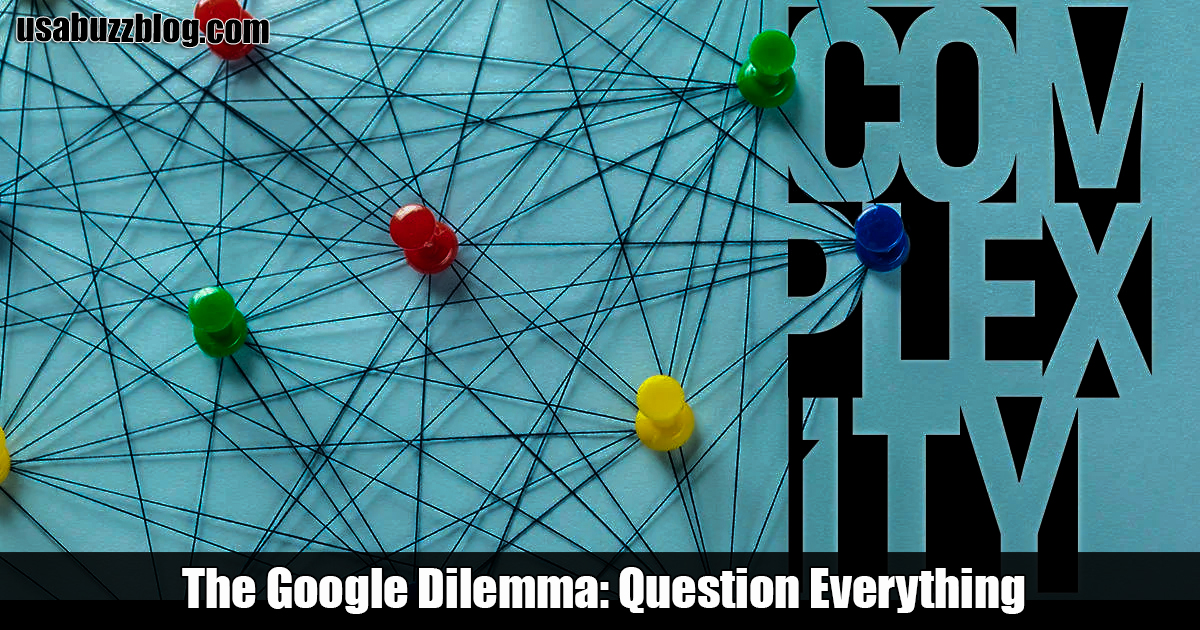

6. Open-Mindedness: A Virtue of Intelligence
Smart individuals are open-minded, willing to consider alternative perspectives. Closed-mindedness limits growth and stifles true intellectual development. Cultivate openness to new ideas, fostering an environment of continuous learning.
7. Adaptability: The Hallmark of Intelligence
Static thinking hinders growth. Intelligent individuals adapt to new information, evolving their perspectives. Embrace change, learn from experiences, and cultivate a mindset that thrives in dynamic environments.
8. Intellectual Humility: Acknowledging Limits
Being truly intelligent involves recognizing the limitations of one’s knowledge. Intellectual humility allows for continuous learning, acknowledging that there’s always room for improvement. Embrace curiosity and a humble approach to knowledge.
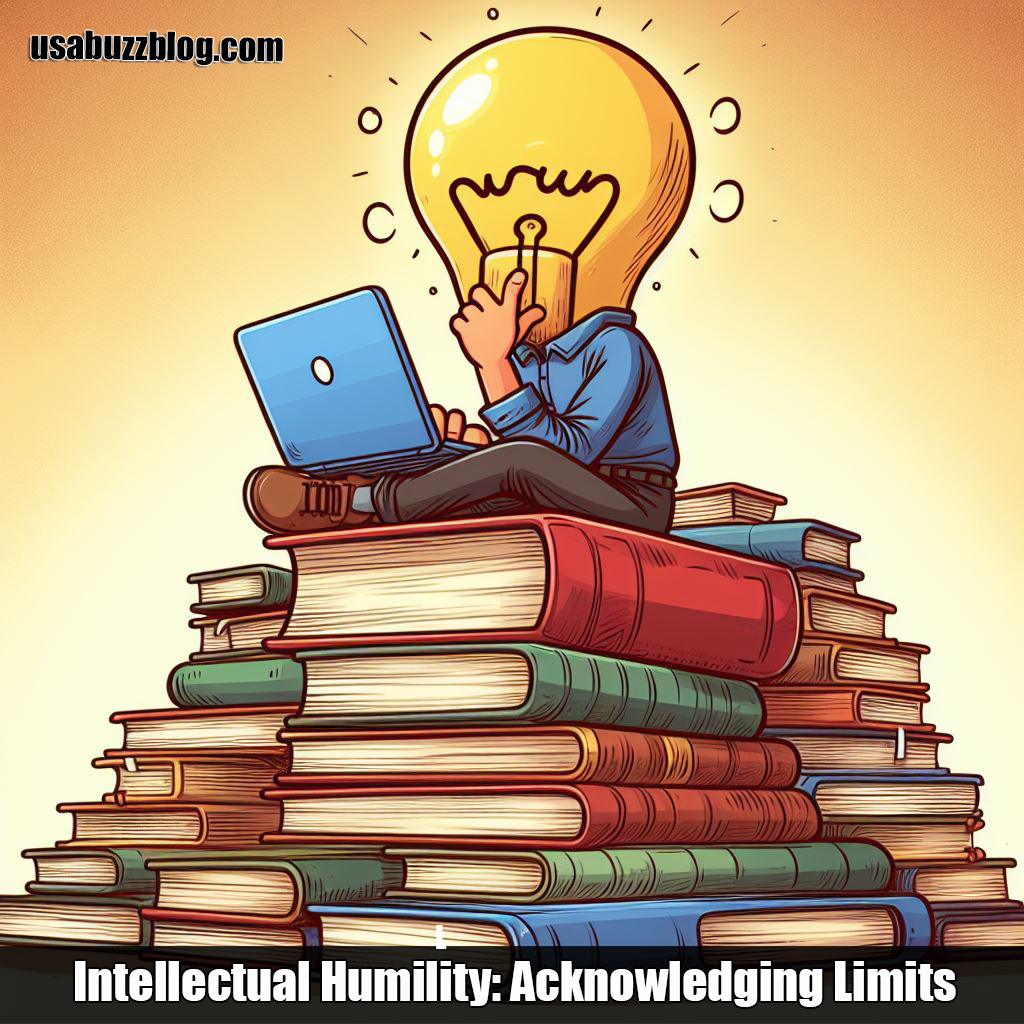

9. Effective Communication: Conveying Intelligence
Communicating ideas effectively is a hallmark of intelligence. Master the art of articulation, ensuring your thoughts are conveyed clearly and concisely. Effective communication not only showcases intelligence but also fosters meaningful connections.
10. Continuous Learning: The Path to Brilliance
Intellectual growth thrives on perpetual learning. Cultivate a habit of continuous education, exploring diverse subjects. A curious mind is a breeding ground for intelligence, constantly seeking to expand its horizons.


11. Emotional Intelligence: The Unseen Aspect
Beyond cognitive prowess, emotional intelligence is integral. Understanding and managing emotions, both yours and others’, reflects a deeper level of intelligence. Foster empathy, self-awareness, and interpersonal skills for holistic intellectual development.
Conclusion: Redefining Intelligence for Growth
In conclusion, intelligence isn’t merely about knowing facts; it’s about how effectively you learn and think. By avoiding common pitfalls and embracing a mindset of continuous improvement, one can truly embody intelligence in its multifaceted glory.
More perks:
- Unleashing the OnePlus 12R:Symphony of Affordable Innovation!
- Google Pixel 8 Best wins: Minty Fresh Teaser Unveiled!
- Best Game-Changer: Exynos 2500 Leak – 10-Core Powerhouse!
- Galaxy S24 Ultra’s Best Win: Crushes iPhone 15 pro-Max in Reflection Brilliance!
- Web Wonders: Top 10 Web Hosting Marvels for Online Success in 2024
FAQs: Unraveling Further Inquiries
Is intelligence solely measured by knowledge?
- Intelligence extends beyond knowledge, encompassing effective learning and critical thinking.
Why is fact-checking important for intellectual development?
- Fact-checking ensures accuracy, enriching knowledge and enhancing cognitive vigilance.
How can one overcome cognitive biases for unbiased thinking?
- Recognize biases and consciously work towards unbiased perspectives through self-reflection.
What role does emotional intelligence play in overall intelligence?
- Emotional intelligence complements cognitive abilities, fostering a more holistic and profound intellect.
How can one cultivate adaptability for intellectual growth?
- Embrace change, learn from experiences, and adopt a mindset that welcomes new information.


Anwar Hussain
As an Architectural and Interior 3D Visualization Expert, I spend my days crafting stunning visuals that showcase the potential of design. But my passion for storytelling extends beyond the screen. At usabuzzblog.com, I leverage my design expertise to provide insightful and engaging content on Technology, Health & Fitness, Travel, News, Architecture, interior design, and the broader creative landscape. Join me as I explore the latest trends, share design tips, and unveil the stories behind the spaces we inhabit.



